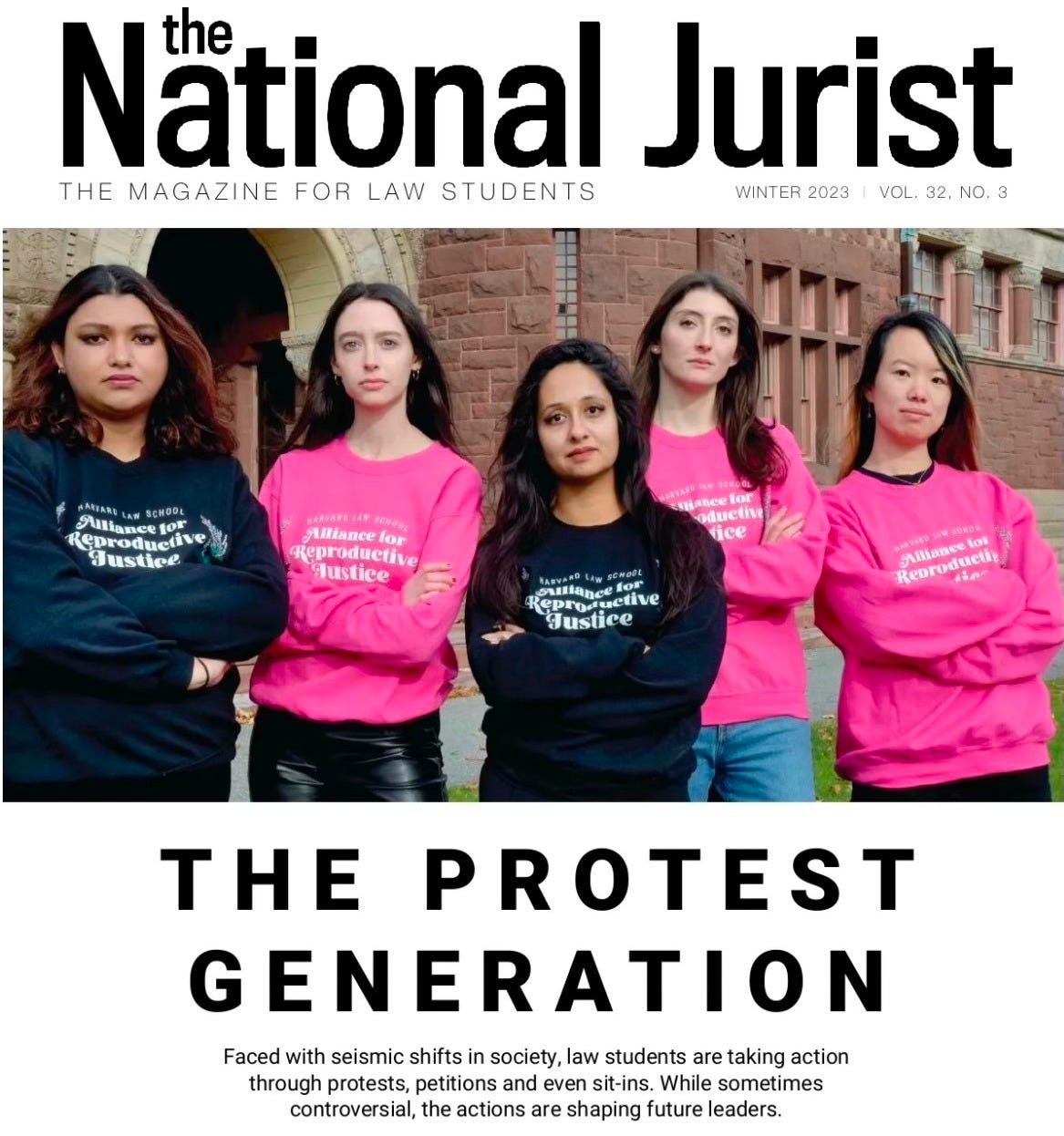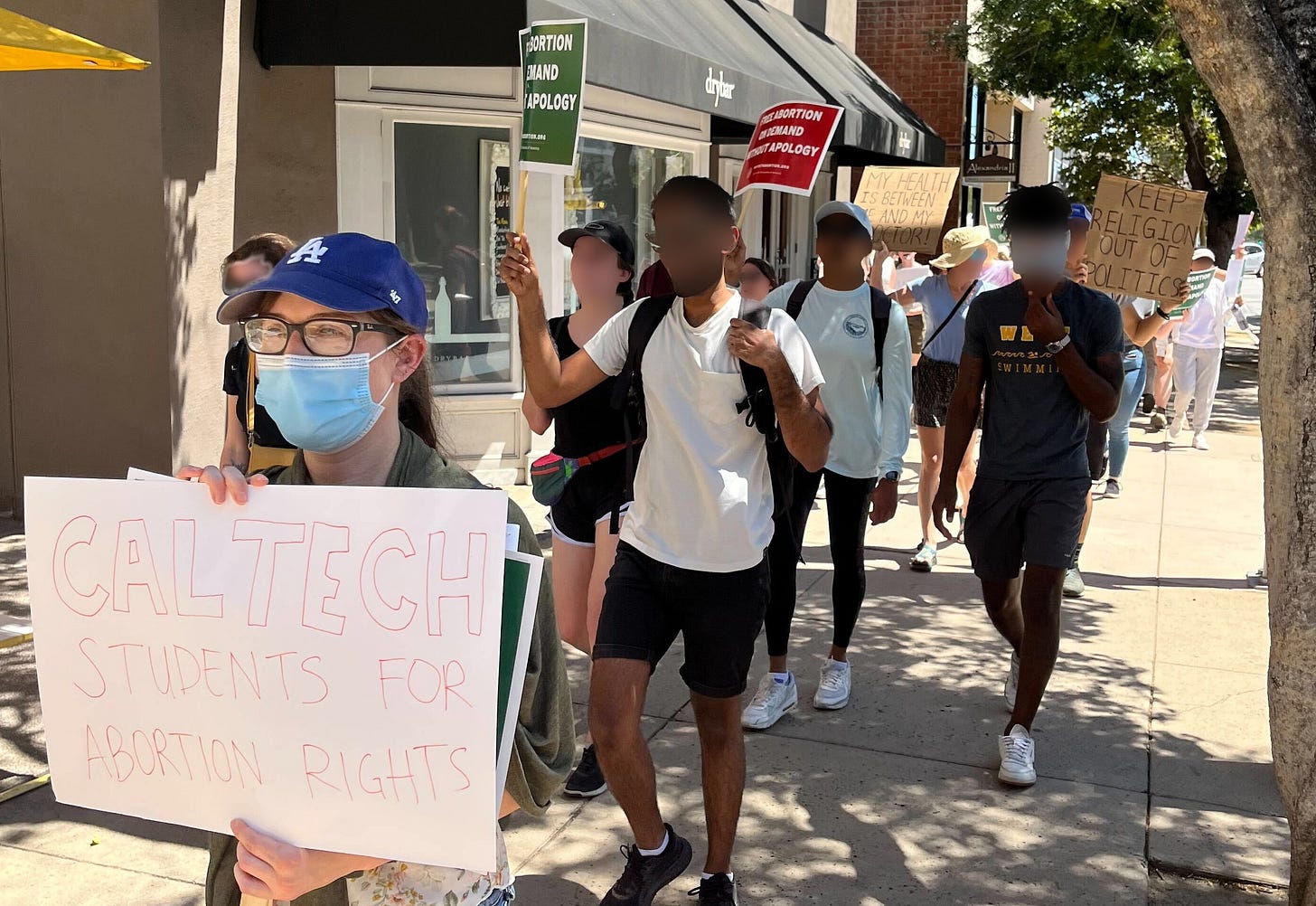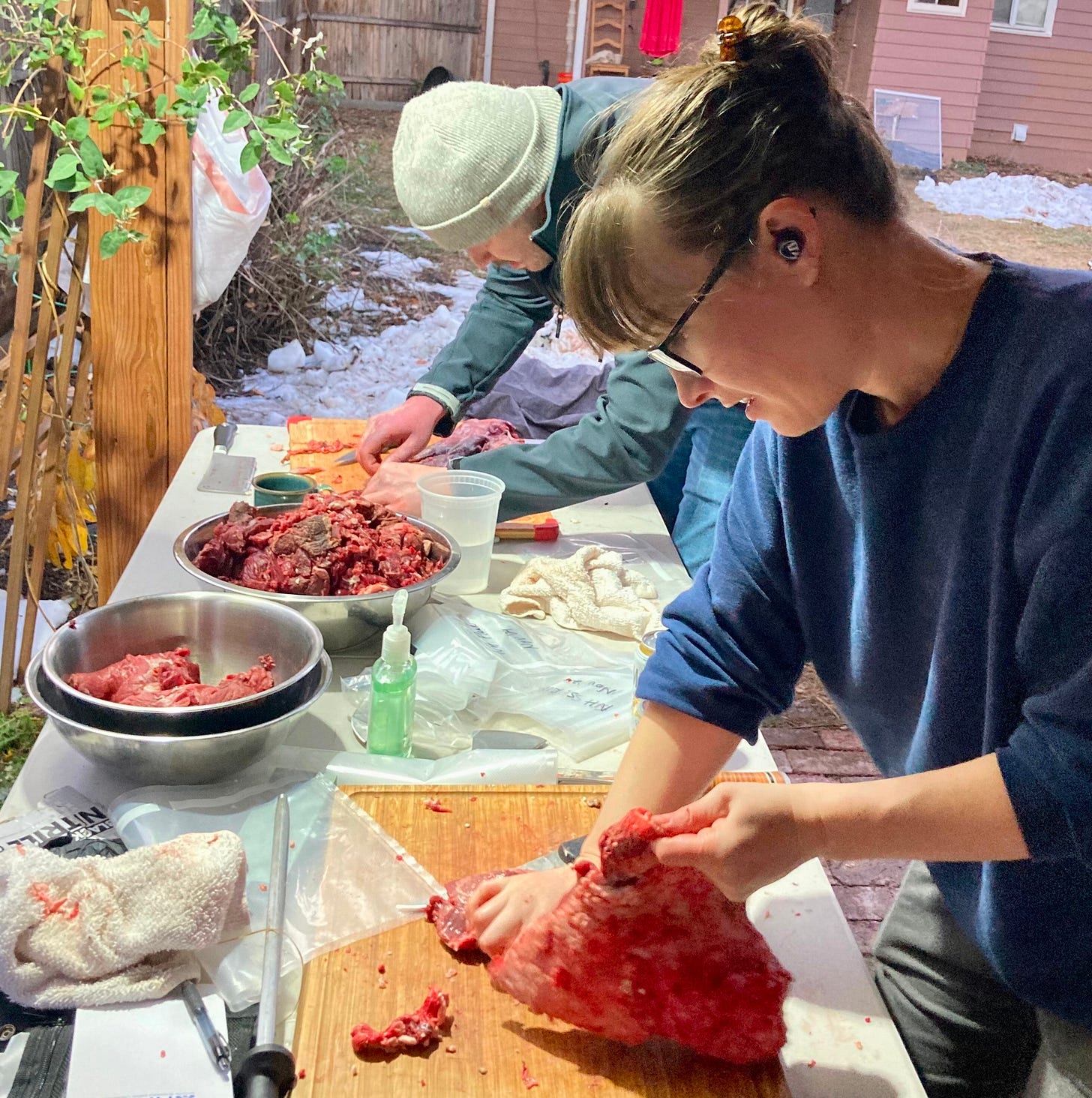Dear readers,
If I had to name my favorite aspect of the fiction writing life, I’d have to say public speaking—especially in small groups that foster discussion. Don’t get me wrong; I love getting lost in alien forests (especially the underwater one I’ve been working on lately)! But what I ultimately want out of life and writing is to learn—and teach others—how to change the world for the better. And I see that happening most tangibly while discussing with young people the practical logistics of making a difference.
Last week, I got to return as a guest speaker for Caltech’s “Design Your Life” (DYL) course, which is based on the DYL course developed at Stanford. The objective is for students to think critically and creatively about what they want to do with their lives. Throughout the term, guest speakers like myself briefly share their unconventional career trajectories; for example, I talked about my decision to leave science for science fiction writing after completing a biochemistry PhD (and if you want to hear this story, feel free to message me—I’m happy to share the transcript of the storytelling performance I gave on this topic at The Narrators last month). Then the speakers answer the students’ questions about the (sometimes unexpected) joys and obstacles of the path pursued.
At the end of the term, students present posters of three possible plans for their own careers, exploring the pros and cons:

Both times I have visited this course, the students showed a particular interest in my organizing and activism work at Caltech and beyond. Here are a few of my favorite questions and how I answered them (paraphrased):
Question: I’m studying to become [X] but I see all this injustice in the world and really care about [issue Y]. How do you navigate the legal/professional risks of standing up for what you believe in, especially when engaging in civil disobedience?
Answer: This is a super hard question! The most important thing to remember is that there’s safety in numbers. Make sure that when you take action, you are doing it with a group of people who are committed to protecting each other—and you should also be ready to show up to defend anyone from your coalition who does get in legal or professional trouble as a result of the action you took together. You should also protect your identity as much as possible, such as by wearing a mask, having your phone locked with a passcode and in airplane mode with location services turned off, only using encrypted messaging systems if you need to communicate (the Signal app is the gold standard), etc. But there is always a risk. At the end of the day, you have to make sure you fully understand the risk—the possibility of getting arrested and charged with a crime, of losing your current position or future job opportunities, etc.—and decide on a case-by-case basis whether you’re prepared to accept it.
Personal addendum: My professional risks have been quite different than yours ever since I knew I would leave science, a couple years before I graduated. I’m currently a freelance writer, so I can’t get fired for participating in an ‘illegal’ action. My choices could affect the kind of traditional publishing opportunities I have in the future, but it really depends… and I always have the option of self-publishing, which I’ve done before and plan to do again.
For me, what it comes down to is this: I’m unhappy when I am not actively fighting against people who exploit me and others for personal gain. There are short-term and long-term approaches to that fight. I spend most of my time on the long-term ones, many of which are ‘legal’ and relatively safe (community relationship-building, labor organizing, political education). But sometimes, calls for solidarity participation in an action—such as during the student encampments this year pressuring universities to divest from genocide profiteers—have spurred me to take higher levels of legal risk. I also prioritize actions with organizers or participants that I have meaningful relationships with, to help support and protect them.
Question: Like you, I’ve been feeling disillusioned with my field and academia broadly because of its entanglements with imperialism and capitalism. Is it possible to make a difference from within the system?
Answer: Yes! You have the most power to change academia from within. Because the university depends on you for things like tuition, research labor, teaching labor, rent (if you live in a campus building), and class attendance, you have a little influence over how things are run. When you join together with other students, you have a LOT of influence. Here are just a few examples of major changes students have won at their universities in recent years:
After an astounding organizing effort, University of California (UC) workers (including student workers) went on strike for six weeks in 2022 and won “groundbreaking new contracts with unheard-of wage increases, standard-setting protections against abusive conduct, eight weeks of medical and parental leave,” and more. (Read this article by two UC organizers to learn more.)
After a five-month strike in 2023, University of Michigan grad student workers won a historic contract with the largest salary increase in the union’s history; protections against abuse & harassment with the option of third-party arbitration; and an expansion of benefits to cover mental healthcare and gender-affirming care. (More here.)
After a six-month campaign in 2023, Harvard Law School’s Alliance for Reproductive Justice (“ARJ”) won their demands to create HLS’s first clinic opportunities in reproductive justice work, so HLS students can formally learn to defend people prosecuted for having abortions. (More here.)

Question: The 2020-21 building renaming campaign at Caltech was successful in that the buildings named after eugenicists have been renamed. [For context, see this article in The LA Times]. But there are still portraits of Robert Millikan and other eugenicists in Caltech’s Athenaeum, for example. So isn’t there more work to do? And how does one get started doing something?
Answer: There is always more work to do! All forms of oppression (eugenics, racism, ableism, colonialism, sexism, etc.) are intensified and spread by capitalism, so none can be defeated in isolation. As long as society’s systems allow the few to exploit the many, the work isn’t done—and it doesn’t really matter which fight you choose to join, since all struggles are connected. How to get started:
Whichever cause you feel most angry about, talk about it to find other people who feel similarly, then build relationships with them. This is organizing. You may find that there’s already a group on campus that cares about this particular issue and is doing something about it! Look into clubs, union working groups, and student government committees, for example.
Once you join up with some like-minded people, learn together about the issue(s) you share a passion for, but also socialize—eat together, hike together, play music, whatever you like doing. Get to know and care about each other on a personal level.
When other groups on campus call for mass participation in an action related to a different issue, show up as a group to support them—and know that your participation advances your cause as well (since all struggles are connected).
When you’re ready, you can run your own issue campaign and ask other groups to join you in solidarity. (Feel free to message me if you have questions about how to run an issue campaign.) Also, many different and seemingly disparate demands for change can sometimes be bundled together—i.e., in a student labor contract.
Side note: While dedicated interpersonal organizing is needed to materially change anything on campus, isolated acts of protest or defiance (“activism”) can galvanize fellow students and generate momentum that may lead to a formal campaign, especially when current events have created a sense of urgency on a massive scale. Example below!
Personal addendum: Of all the campaigns I participated in at Caltech, I was most involved in the efforts to win better support for students’ bodily autonomy (adding all-gender restrooms to more buildings, increasing childcare subsidies and maternity leave for student parents, etc.) and to form a grad student/postdoc labor union. I first joined the bodily autonomy struggle because I was feeling helpless and angry after the Dobbs vs. Jackson Supreme Court decision, which ended federal protections for abortion access. My method of getting started was to email blast all the grad students at Caltech (subject line: ‘Strike’) with a message announcing that I’d be taking the week off to figure out what I could do about this issue, and asking my fellow students to join me in a march to a protest in downtown LA. The Socialists of Caltech (SoC) club answered my message, offering to help organize a rally and march.

A lot of similarly angry people showed up, and many of us became SoC members afterward, and together we ran the successful bodily autonomy/reproductive justice campaign that I described above, in coalition with the grad student government (which I also joined). I’ve written more about this campaign, and my broader inter-campus reproductive justice organizing, in a post earlier this year.
TL;DR: 1) proactively find other people in your sphere of influence (e.g., your workplace, building, neighborhood, etc.) who are passionate about the issue(s) you care about, 2) build relationships and learn with them, and 3) DO something together.
I love speaking with young people and am happy to do virtual visits for free. If you’d like to have conversations like the above (or anything on my speaking topics list) in your course or club, please reach out!
Additionally, I just learned that Caltech’s DYL course instructor will be teaching an online ten-week “Design Your Career” course open to the broader public, starting January 2025 (cost: $300). If you’re considering a career transition, check it out.
Personal news: I learned how to butcher an elk this week!
As a way to sustainably source meat and enhance our community’s self-sufficiency, my partner recently took up hunting. Last weekend, he and a friend brought home an elk!
In the past, I’ve struggled with handling raw meat—especially chicken. I think the salmonella horror movie in high school biology scarred me for life. But I’m proud to say that I managed to help process the elk meat, including separating the connective tissue from muscle and grinding up the odds and ends. (Though I was probably a bit dramatic about it.)

So far, we’ve had an elk stew and elk burgers, and man—they were SO GOOD!
That’s all for this month. :) Wishing you all a wonderful holiday next week with family and comrades.
Love,
Rachael



